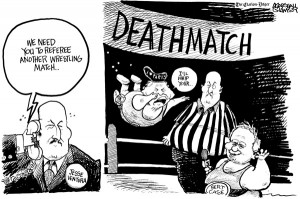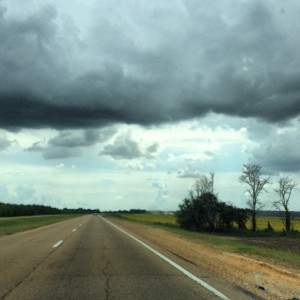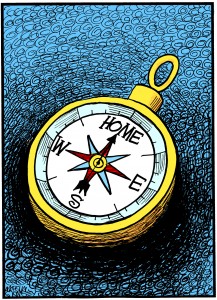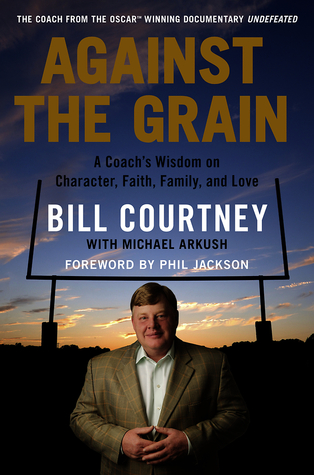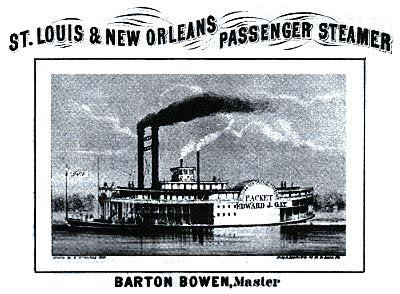 March 1866, the Port of New Orleans.
March 1866, the Port of New Orleans.
The moonlight illuminated the face of the ticket buyer, revealing the darkest eyes the ticket agent had ever seen.
“How many tickets, sir?” he inquired briskly. The quicker he could send this guy to the steamboat Carpathia, the better. He just got chills looking into this man’s eyes. Something told him the man’s soul was even darker.
The man held up one finger. The ticket agent noticed the man carried no bags — just a gold lamp with strange writing on it. He had it carefully tucked in crook of his left arm.
“One ticket to St. Louis.” The man handed over a gold piece and the ticket agent smiled. Since the war, paper money was practically worthless. But gold, well, gold was gold.
He watched as the man walked toward the giant steamboat Carpathia. She was one of the largest ships on the Mississippi River and ran the unpredictable route from New Orleans to St. Louis with stops in Natchez, Vicksburg and Memphis. Whatever that man’s business was in St. Louis was, he didn’t want to know. He’d leave that up to God and whoever was waiting for him on the other end. The dark-eyed man was the Carpathia’s problem, now.
Somewhere near Clarksdale, Mississippi on the Mississippi River.
The Carpathia had made good time. Spring rains engorged the river, making navigation trickier but quicker. There was more channel to play with. Dark smoke belched into the sky from the ship’s huge boilers. The passengers enjoyed the finest of food and drink as the lumbering craft fought Ole Man River’s mighty current up stream. The man with the dark eyes stayed to himself. He sat in a dimly lit corner of the forward bar and refused to drink. He just watched as those around him wrapped themselves in a fine coat of sin and debauchery. If anyone had noticed, they might have seen he had a slight smile.
They also might have noticed the green clouds forming to the southwest. But no one did. At least until it was too late.
Tornadoes are fickle beasts. They hop, skip and and dance across the landscape. But not this one. This one charged across the river like it was on rails. The handful of survivors would claim the tornado came out of nowhere. It actually formed over Louisiana, traveled across rural Arkansas and cut across south of Clarksdale. It was on the ground for over 100 miles and if the Fujita scale had been invented yet, it would have been rated an EF-5. By the time it hit the Carpathia, it was over a mile wide, clocking winds of well over 200 mph. Survivors said it looked like the face of the God as it cut across the river. The wooden and steel steamboat was no match for it’s power. Bodies were found in the river and in nearby fields for weeks. One even as far south as Vicksburg. But one corpse was never found. The man with the dark eyes vanished. And so did the mysterious gold lamp he carried.
August 2014, near Farrell, Mississippi.
Fred Fratesi drove his 1971 Chevrolet along the dusty levee road. A plume of dust marked where he was as he headed toward his bean field nearest to the river. This was high ground — or at least high ground for the Delta. Part of this area, which was a hunting camp, didn’t even flood during the great flood of 2010. Legend also said it was also near where the mighty Carpathia sank. When he was a kid, they found pieces of metal and bones in the fields. Fred had a fear of tornadoes. Anything strong enough to throw a human that far inland had his respect.
He saw a yellow crop-duster dance beyond the tree line. That was his uncle, a crazy old man with a plane named Angie II. His uncle had crashed recently, spent six months in rehab and climbed back into the cockpit. There was something about aviation that gets into a person’s blood. But not for Fred. He liked the security of being close to the ground. He was connected to the deep, rich soil of the Delta. Like his father and grandfather, he was a farmer. God’s noble profession. He smiled as he pressed the gas and headed toward his field to check on his beans.
A glint of gold caught his eye.
He slowed the Chevy and squinted. He lifted his sunglasses and hoped to see the glint again.
There it was. He stopped and hopped out. His 50-year-old body ached as moved with urgency into the field. Half-buried in the soil was the neck of a gold lamp. He got on his knees and dug out around it. And in his hands was a gold lamp with Arabic written around it — similar to the lettering he had seen during the first Gulf War when he was stationed in Saudi Arabia.
“Aw hell,” he mumbled. “I guess I should rub it to see if a genie’s in it.”
He rubbed it three times and to his surprise, black smoke poured out of the lamp.
“You get three wishes,” the voice boomed.
Fred looked at the genie or whatever it was. He had the darkest eyes Fred had ever seen. And even though it was 100 degrees, Fred suddenly felt cold.
“I don’t want or need three wishes.”
The genie was puzzled at Fred’s resistance. “Don’t you want great wealth?”
Fred looked the genie into his dark eyes and said, “I have all I want. All I’ve worked for. Don’t want free money. Too many lottery winners go broke.”
The genie tried again, “You can bring back your dead wife.”
Fred’s heart ached. He missed Missy so much. Her death from cancer taken part of his soul. “No,” he said quietly. “She is at peace. I’ll see her again soon enough.”
The genie was getting frustrated. “POWER. YOU CAN HAVE POWER!”
“Don’t want it. I’m appreciative of the life I have worked for.”
“BUT I CAN ERASE ALL YOUR BAD MOMENTS.”
Fred smiled, “But they were the seeds for my greatest moments. I lost my wife. But we had a great life and have three wonderful children. And Missy left a legacy. We created a scholarship in her honor at Ole Miss. Now underprivileged kids get the chance to change the world. I have no regrets.”
The genie looked around, “So you don’t want anything?”
Fred said, “Well, a little wisdom would be nice.”
The genie looked Fred with his dark eyes and said, “I can’t give you wisdom. You already have it.”
